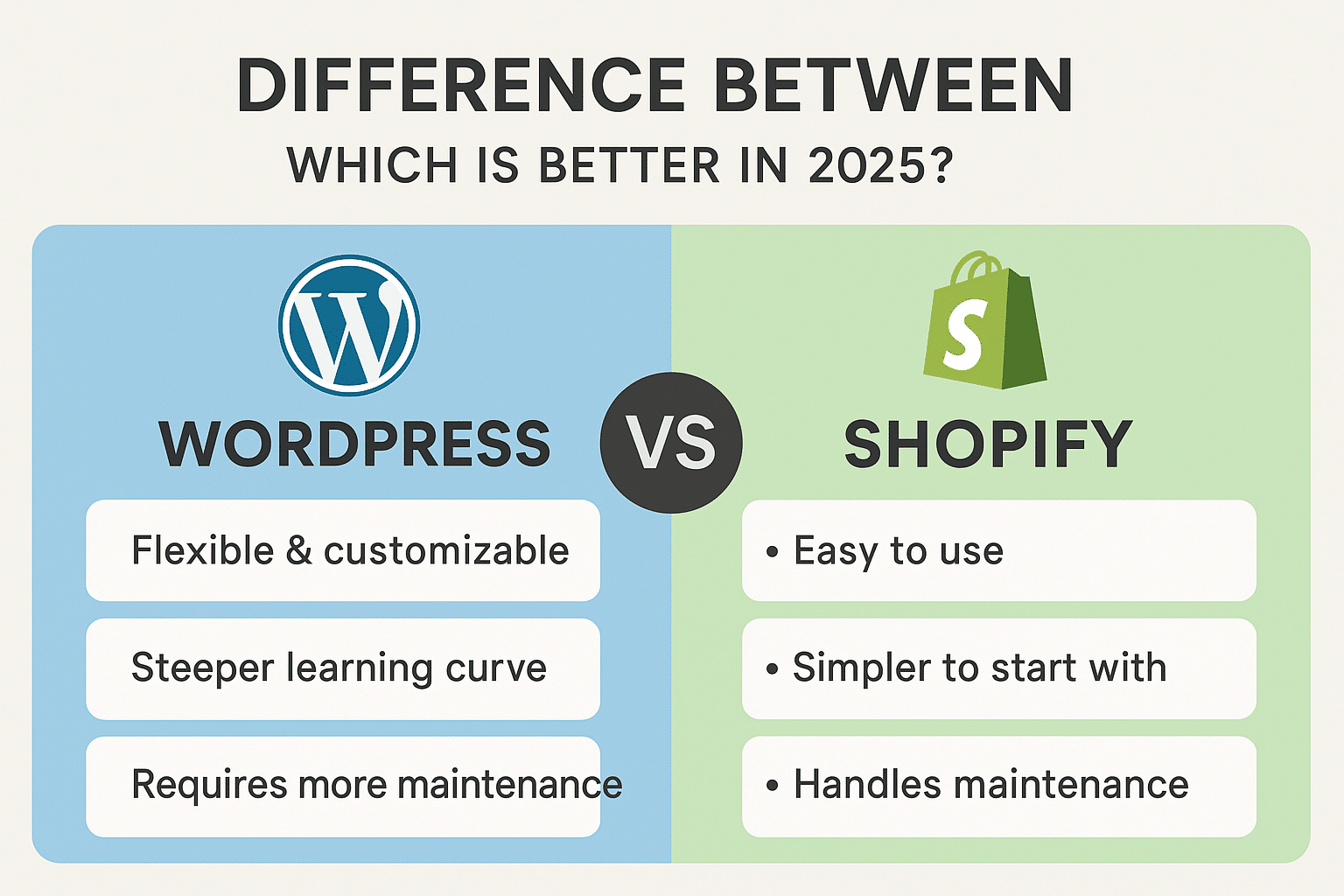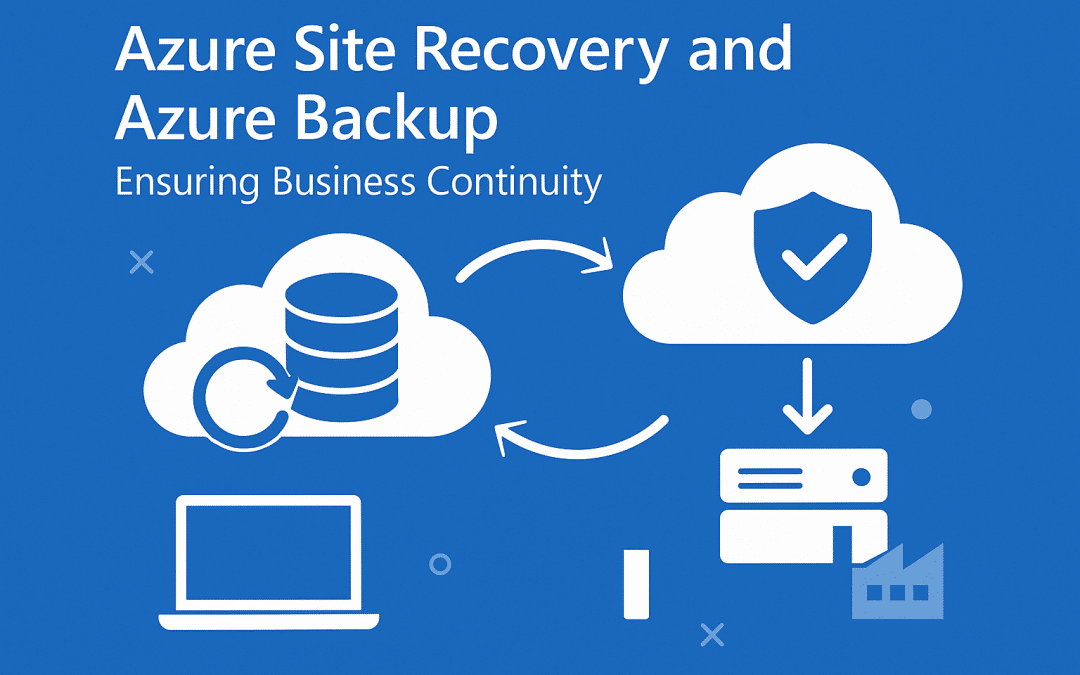
When it comes to building an online store in 2025, two of the most popular platforms continue to be WordPress (with WooCommerce) and Shopify. Both offer powerful tools for creating, managing, and scaling an eCommerce business—but they cater to different needs. Let’s break down the key differences to help you decide which is best for your online store this year.
1. Platform Overview
WordPress (WooCommerce):
WordPress is an open-source Content Management System (CMS) that becomes an eCommerce platform when paired with the WooCommerce plugin. It offers full customization, scalability, and control over your website’s design, features, and hosting.
Shopify:
Shopify is a fully hosted eCommerce solution, designed specifically for online stores. It handles hosting, security, and technical maintenance for you—making it ideal for beginners who want a ready-to-use online store without worrying about the backend.
2. Ease of Use
-
WordPress: Requires more setup and maintenance. You’ll need to handle hosting, themes, plugins, and security updates. However, it offers unmatched flexibility once configured.
-
Shopify: User-friendly with an intuitive interface. You can start selling within hours without touching any code.
✅ Best for beginners: Shopify
✅ Best for developers or advanced users: WordPress (WooCommerce)
3. Customization and Flexibility
-
WordPress: Offers thousands of free and premium themes and plugins. You can modify code, add custom features, and integrate third-party tools freely.
-
Shopify: Limited customization unless you use Shopify Plus. It has a strong app store but still restricts backend access.
✅ Best for full control and flexibility: WordPress
✅ Best for fast, template-based setup: Shopify
4. Cost Comparison
-
WordPress (WooCommerce): Free core platform, but you’ll pay for hosting, themes, premium plugins, and possibly a developer. Costs vary depending on complexity.
-
Shopify: Monthly plans start around $39/month and can go up with add-ons and transaction fees (unless using Shopify Payments).
✅ Best for budget control: WordPress
✅ Best for predictable pricing: Shopify
5. SEO and Marketing
-
WordPress: Known for excellent SEO capabilities, especially with plugins like Yoast SEO or Rank Math. It allows advanced content and optimization control.
-
Shopify: Good built-in SEO tools, but less customizable compared to WordPress.
✅ Best for SEO-focused businesses: WordPress
6. Scalability and Performance
-
WordPress: Scalable but depends on your hosting provider and optimization.
-
Shopify: Easily scalable with automatic performance management and server handling.
✅ Best for growing businesses without tech hassle: Shopify
7. Security and Maintenance
-
WordPress: You manage security updates, backups, and plugin vulnerabilities.
-
Shopify: Handles all updates, SSL certificates, and security automatically.
✅ Best for hands-off management: Shopify
Conclusion: WordPress vs Shopify in 2025
| Category | Best Option |
|---|---|
| Ease of Use | Shopify |
| Customization | WordPress |
| SEO | WordPress |
| Security | Shopify |
| Scalability | Shopify |
| Cost Flexibility | WordPress |
Final Verdict:
If you want full control, flexibility, and advanced customization, WordPress with WooCommerce is the better choice.
If you prefer simplicity, reliability, and speed, Shopify remains the go-to platform in 2025.
Difference Between WordPress and Shopify: Which Is Better in 2025? (F.A.Q)
Is WordPress better than Shopify for beginners?
No, Shopify is easier to set up and manage for beginners, while WordPress suits users with some technical experience.
Which is cheaper, WordPress or Shopify?
WordPress can be cheaper long-term but depends on hosting and plugins. Shopify has fixed monthly costs.
Can I migrate from Shopify to WordPress later?
Yes, you can migrate products, customers, and orders using migration tools or services.
Which platform offers better SEO in 2025?
WordPress still holds the edge for SEO flexibility and content optimization.



